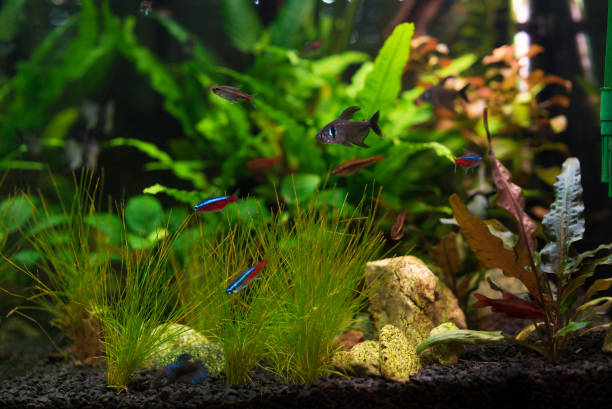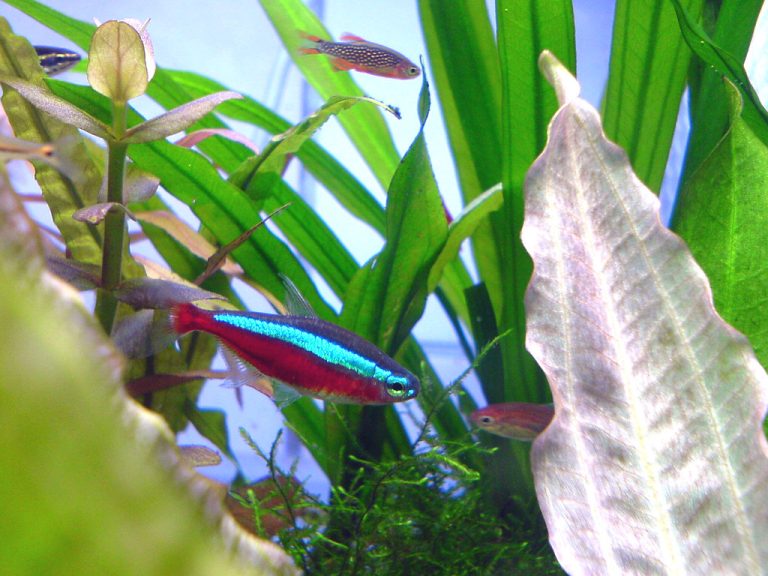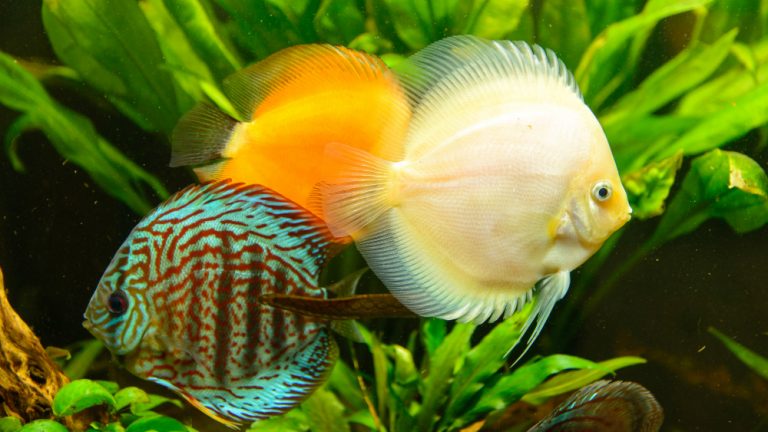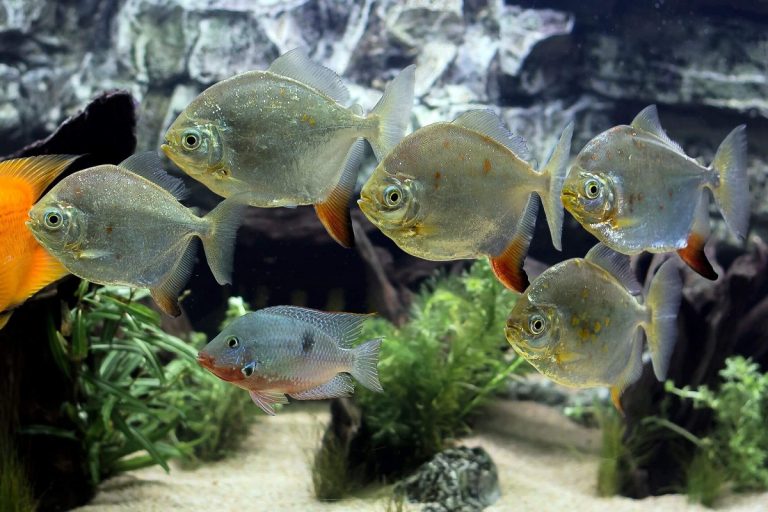Betta fish, with their vibrant colors and flamboyant fins, are a sight to behold in any aquarium. Native to the waters of Southeast Asia, these fish thrive in warm, stagnant waters. But what happens when they find themselves out of their watery domain? Let’s dive deeper into this!
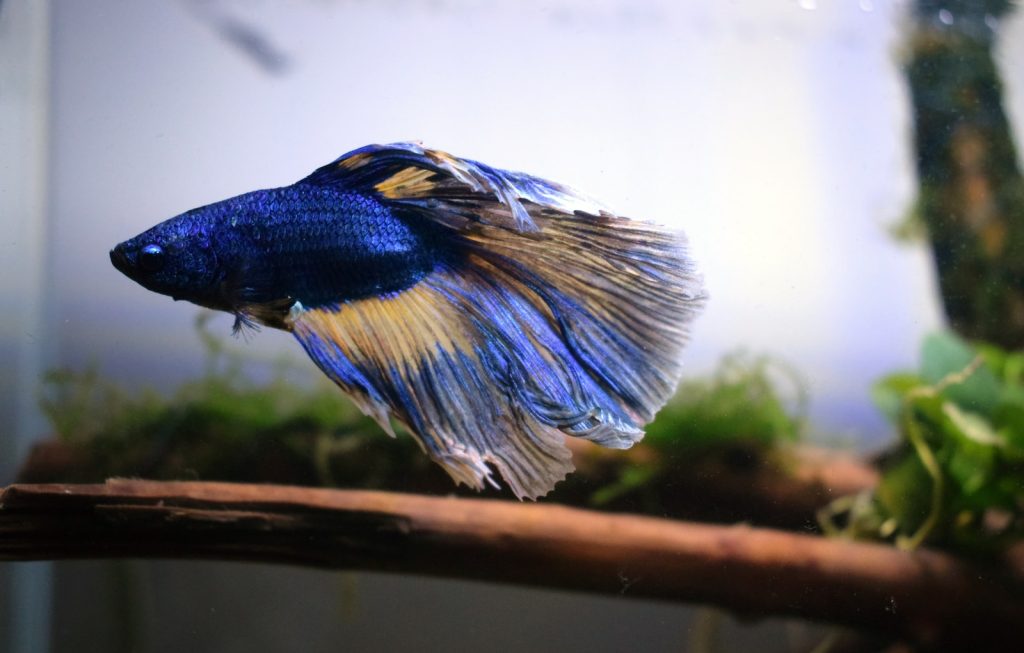
Betta Fish Habitat in Nature
In the wild, betta fish predominantly occupy shallow, slow-moving waters like rice paddies, marshlands, and ponds. These environments are teeming with vegetation, providing them with ample hiding spots and a rich source of food.
Importance of Water to Betta Fish
Water isn’t just a habitat for bettas; it’s their lifeblood. It aids in their respiration, provides them with food, and offers a medium for them to display their dazzling dance moves. But the million-dollar question is, how long can betta fish live out of water?
How Long Can Betta Fish Live Out of Water?
Here’s the shocker: While most fish would perish within minutes outside of water, betta fish have a unique labyrinth organ that allows them to breathe atmospheric oxygen. This means they can survive longer than you’d expect!
Physical Structure Aiding Short-Term Survival
Their labyrinth organ, a marvel of nature, functions similarly to our lungs. In water-scarce environments, it allows them to gulp air from the surface, granting them a survival edge.
Circumstances Affecting Duration Out of Water
However, various factors play a role. A healthy betta might survive for a few hours, but exposing them to such conditions is outright dangerous. Dryness, temperature, and their overall health dictate this precarious timer.

Comparisons with Other Fish Species
Unlike many other fish, bettas’ ability to breathe atmospheric air sets them apart. But remember, this doesn’t mean they’re invincible outside water!
Factors Influencing Betta Fish Survival Out of Water
Imagine fish out of water. Quite literally! But what decides their fate?
Ambient Temperature and Humidity
In humid conditions, bettas can retain their moist skin longer, which slightly extends their out-of-water survival.
Health and Age of the Betta
Younger, healthier bettas possess a higher survival chance due to their robust constitution.
Time of Day and Exposure
Direct sunlight can dehydrate a betta faster, drastically reducing its survival odds.
Why Would a Betta Jump Out?
No, they aren’t auditioning for the next big leap in the Olympics! Betta jumps are often stress-induced.
Common Reasons Behind the Leap
Factors such as poor water quality, aggressive tank mates, or even an attempt to escape predators can make a betta jump ship.
Preventing Betta Fish from Jumping
Proper tank maintenance, creating a peaceful environment, and using tank lids can keep your aquatic friend safe.
Immediate Actions to Save a Jumped Betta
Every second counts! If you find your betta out of the tank:
Quick and Gentle Rescue Methods
Gently scoop it using your hand, ensuring minimal physical contact, and return it to the tank.
Reviving Techniques and Water Reintroduction
Place the betta in a quarantine or isolation tank with clean water to monitor its recovery.
Long-Term Effects of Staying Out of Water
Jumping out is traumatic, and the repercussions are manifold.
Possible Injuries and Their Treatment
Scrapes, lost scales, or even bruised fins might occur. Ensure clean water and consider betta-specific treatments if necessary.
Behavioral Changes and Stress Signs
Post-trauma, your betta might become reclusive. Providing a stress-free environment is pivotal for its recovery.
FAQs
How do bettas breathe differently from other fish?
Bettas have a labyrinth organ, allowing them to breathe atmospheric oxygen.
How often should I change betta tank water to prevent jumping?
Ideally, a 25% water change weekly should suffice.
What are the signs of a stressed betta?
Frequent hiding, loss of color, and rapid gill movement indicate stress.
Can bettas recover from injuries sustained outside water?
Yes, with proper care and clean water, they can heal over time.
Why is my betta constantly trying to jump?
Check water parameters, tank mates, and ensure there aren’t any lurking predators.
How can I enrich my betta’s environment?
Add plants, hiding spots, and ensure a peaceful tank community.
Conclusion
Betta fish are resilient, fascinating creatures, with their ability to survive outside water being a testament to their adaptability. However, as responsible pet owners, our goal should always be to provide them with the safest, most comfortable environment. Now that you’re armed with this knowledge, you’re one step closer to being a betta expert!


